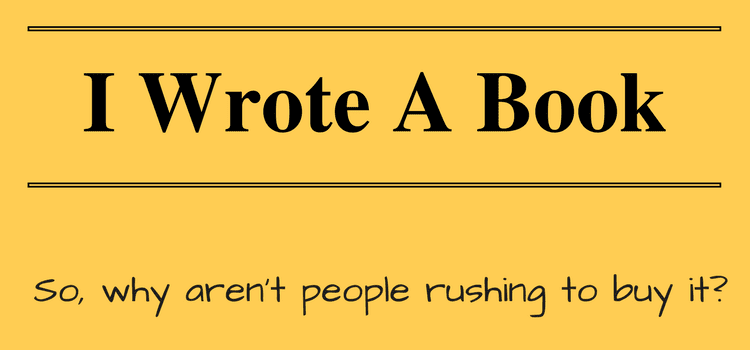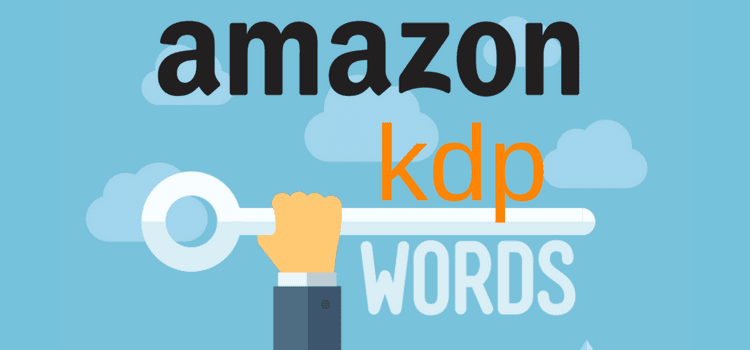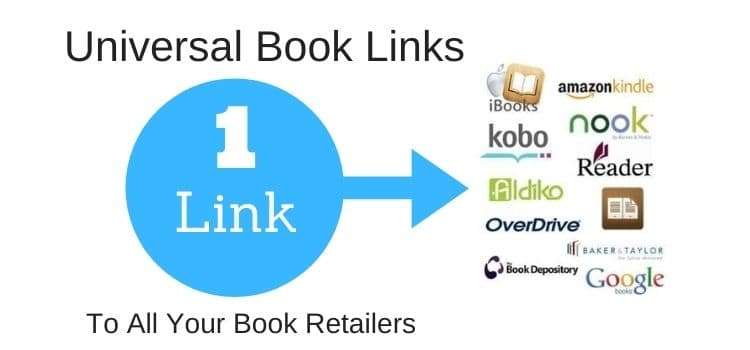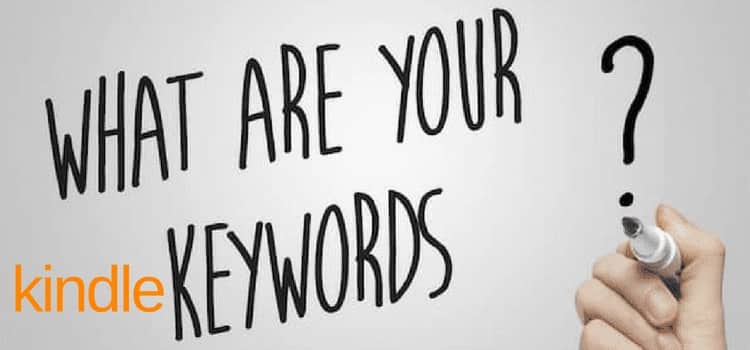
I wrote a book, so why isn’t it selling?
Yes, writing your book took a long time and was hard work. But for authors new to self-publishing, the next step can be daunting: attracting readers willing to pay good money to buy and read your book.
But first, they have to be able to find your book. One of the most frequent questions newly self-published authors ask me is, “Why isn’t my book selling?”
While there are a thousand reasons why a book doesn’t sell well, many newly self-published authors often fail to realize one fact: The book market and the ebook market, in particular, are now well and truly oversupplied.
The following statistics tell a story
Accurate publishing statistics are difficult to find. But here are a few rough estimates.
300,000 books were published in the U.S. in 2003.
411,422 books were published in the U.S. in 2007.
1,052,803 books were published in the U.S. in 2009.
Approximately 3,000,000 books were published in the U.S. in 2011.
Just under 3,500,000 ISBNs were issued in 2018.
Since then well, why bother to continue counting?
However, it is worth considering that it is estimated that a new Kindle book is published every three minutes.
With these ever-increasing numbers of published books, it’s easy to see where one new book sits.
Lost in a huge crowd.
Selling books is not easy
The fact of the matter is that it is getting harder and harder to sell books, even for traditional publishers.
For a writer new to self-publishing, getting noticed will require a lot of hard work.
So, what can you do to get some attention?
First, write a very good book
This may sound simplistic, but have you had independent feedback about the quality and appeal of your book?
Just because your mother likes the book you wrote doesn’t count for anything in attracting attention or climbing bestseller lists.
Yes, we all love our own books.
But you really need to know if someone other than your mother will love your book enough to buy it.
Find beta readers, give away free ebook copies to readers on social media, and get totally independent feedback before you publish.
Getting independent feedback and positive and negative opinions is the only way to know if you have written a great book.
Does your title create interest?
These are the most important few words you will write in your book. Give your title a lot of thought.
Research your book title before you make the final decision because your future book sales will depend heavily on the interest generated by your title.
Your book title will be the first thing that hooks a reader’s attention, so take your time.
Does your cover attract attention?
How does your book cover look when viewed as a very small thumbnail image?
Cover designs that work well in thumbnail view are essential.
This is almost always the first image of your book cover that a potential reader sees, and you want them to click on it.
Does your cover look amateurish, okay, or award-winning?
Look at your book cover as a thumbnail-size image. Is it attention-grabbing or a fuzzy little box?
Ask other people for their thoughts and value their opinions. Compare your cover with top sellers in your genre.
If you’re not happy with your cover, a small investment in a professionally designed book cover is certainly excellent value for money.
Have you listed your book correctly?
When you self-publish your book, you need to provide three search categories (genres) and seven search keyword phrases.
These are by far the most important decisions you need to make when you publish.
Most book sales on Amazon are made by customers searching for a new book.
You need to get your book competitively listed in the right places for readers to find your book.
You need to research the best three categories and seven keywords.
The good news is that you can change them if you published in a hurry and didn’t give these enough thought.
Of all the ways to promote authors and books, listing them in the best place is far more effective than any other form of book promotion.
Does anyone know your name?
I’m a firm believer in promoting your name as an author rather than promoting the title of your short story or book.
Getting known is vital, so use social media or your email list to build your name recognition.
Yes, it’s slow going and hard work, but nothing is going to come easy in a crowd of millions of new books.
Don’t fill your social media streams with posts about the kids, the dog, or details about your headache or hangover.
Build a professional image of yourself by using personal accounts for chatting with your friends and family.
You want to sell books, not inform people about cupcakes.
Build quality X (Twitter) and Facebook Page followings on separate author accounts.
Then, concentrate on improving your reputation as a writer and try to become an authority in your genre or subjects and themes you write about.
Be patient, and don’t give up after three months
It takes a long time to build your author’s reputation and to write enough books to be noticed.
If you expect instant success through self-publishing, I suggest trying something else. It’s just not going to happen.
There are almost no overnight success stories anymore, so be prepared to be in publishing for the long haul.
Set realistic goals
In your first year, with one or two titles published, don’t expect to sell many more than one or perhaps two hundred copies of your book.
The average royalties earned by self-published authors is less than $500 per year, so don’t even think about getting rich quickly.
Consider your price point
If you think you can publish a book of your favorite family recipes and price it at $30.00, you are in for a very big disappointment.
I doubt you will sell a single copy.
Why would anyone pay that amount for 50 recipes when they can get millions of recipes for free on the Internet?
If your romance ebook is priced at $9.99 when the bestselling titles are $2.99 or less, you have no hope of competing.
You have to offer your book at a realistic price and offer real value to your potential readers.
Don’t think that publishing a book guarantees sales. You need a great product at a competitive price—that’s business 101.
Market your book. Don’t try to sell it
Let’s face it; you don’t like getting ‘Check out my book‘ or ‘Buy my book‘ messages, so why would anyone else react differently to you?
Guide your followers to you, your books, and your blog or website. There are lots of ways to promote your book.
Don’t simply repeatedly post your Kindle sales page or a link to your book on Barnes & Noble.
This will only serve to drive potential book buyers away from you, not toward you.
Work at creating interest in your books, and you and sales and book reviews will follow.
Don’t pay for what you can do yourself
There are many ways to waste a lot of money when it comes to self-publishing and marketing books and ebooks.
Yes, you will have to invest as in any business, but be very wary. Avoid vanity publishers, in particular.
They offer nothing for an awful lot of money.
However, if your budget allows, you will need to invest a little money in quality book covers and perhaps a professional proofreader or editor.
But you can find many free ways to promote your books.
Write better and better
With each book you write, you will improve.
If you truly want to be an author who will be noticed, keep writing, improving, and learning.
Most importantly, don’t ever give up on your dream.
Related reading: Personal Branding For Authors Is The Best Promotion Tool You Have
Share This Article



why is there so much negative they will either like your book or not and sometimes the cover alone will sell a book
This is educative I must say.
I really appreciate seeing the book publishing statistics in this article. As a new author, it really points out the need to differentiate my book from others in the genre. Over time, I have come to appreciate that my novel, Zombie Complex, is different from others in the zombie genre. While The Walking Dead is killing off characters and putting their heads on pikes, my book offers an epic fight for survival with sense of humor and insight into society. Now, the challenge is to make those differences known to potential readers. As authors, we all have to sell what is special about our unique books.
hi
I wrote a book and I written many of them that am looking for who will buy them, please help me and connected me to who will buy them, thanks
I must be doing something wrong. I’ve got ten titles out over the past three years, and I never sell more than fifteen copies in ebook format per month. Four of them are poetry books, and I realize poetry simply doesn’t sell, but that’s still six novels that don’t sell either. They’ve got good looking covers, well-written blurbs, and good titles. Three of them have twenty or so reviews between them on Amazon, most of those reviews five stars. I’ve experimented with numerous price points and I’ve come to the conclusion that price is irrelevant. I’ve tried various marketing/advertising avenues, and all have proven to be a colossal waste of money. Social media’s a bust, too. SEO has yielded nothing. It’s quite dejecting to put so much effort into marketing/advertising in addition to the actual writing only to accomplish so little.
How are these people able to even make a few hundred dollars a year?
It’s nice that there are lots of people writing. It’s a sign of ambition and education, so well done us!
But. It would appear that there are more people writing books than there are reading them. And life is clumpy – lots read one reader, and nobody reads lots of writers.
There is a challenge in that many books shouldn’t be published; they’re just not good enough. But even so, getting your work bought (and read!) is an uphill struggle.
If anyone figures it out, let me know!
“Set yourself realistic goals. In your first year, with one or two titles published, don’t expect to sell many more than one or perhaps two hundred copies. The average royalties earned by self-published authors is less than $500 per year, so don’t even think about getting rich quickly.”
This was the takeaway from this article for me, and really helpful in the middle of a ‘This is bullshit, I give up.’ week that led me to Google ‘Why isn’t my book selling?’. I’ve sold 500 copies of my first book, a travel memoir, in the two years since I published it – without marketing or even a launch, and with knowing only about five people on the entire planet – plus my royalties have been $600/year. Had no idea that’s actually above average.
Back to work…
I Find This Helpful And Encouraging,thanks Alot
Thank you for your post. The reality of having to market our hard work is hard to swallow as an introvert. But, our books are our babies and just like we protect them, we help them grow up and go out into the world. As a new author the frustrations of not being known, and figuring out the learning curve of marketing can be discouraging. My book, (The Jailer’s Way) has been available on Amazon and sales are trickling in slowly. Thanks for the reality and motivation to keep trying to get this up and walking on its own.
Very helpful, thanks. Good to reiterate that success does not happen overnight, and takes a lot of focussed hard work.
This was a very interesting and helpful post! Thank you!
Thank you for this post. I came across a few writers that seem really bitter and appear to be out on a mission to discourage anyone who will give them the time of day. This was just what I needed to read to feel a little less like the world is ending and a little more like it’s okay that I’m still just hustling. Here’s to the grind!
I found this very helpful. Thank you.